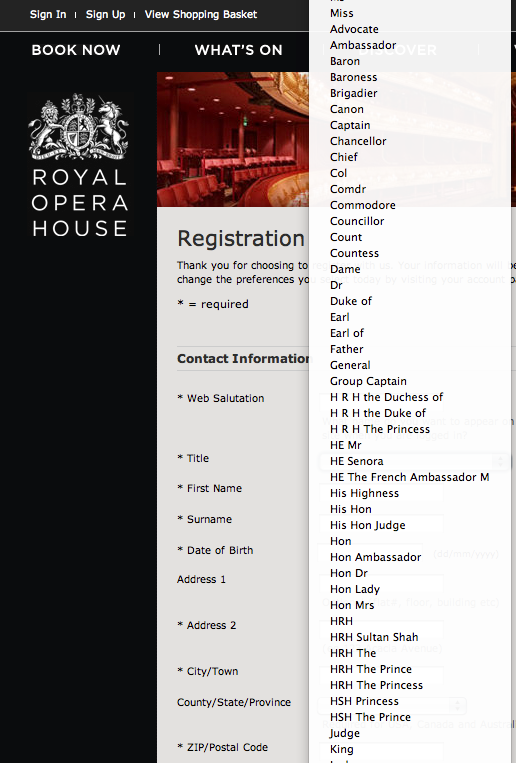I almost hesitate to make this recommendation, as my taste has cloven to the mainest of main streams since I became an army wife. A recent intervention has more or less cured me of a short but embarrassing episode of James Blunt fandom. I did, however, spend the whole of Christmas in two comfortable but flattering Boden dresses which I suspect are just a bit smart for the many coffee mornings I now attend. (I was shocked to discover I’m the only one who bakes for them. Everyone else brings biscuits from upper echelon supermarkets.)
‘Wherever You Are’, the lovely song sung by the Military Wives Choir led by Gareth Malone, is at least worth a hunt through Youtube, along with footage of how it came about. The song’s release follows a TV series about choirmaster Gareth Malone turning a group of women into a proper choir while their military husbands were away in Afghanistan. The women’s letters to their husbands were gleaned for touching – though admittedly a bit saccharine – lyrics to a song written for them. Eventually the men came home, and the choir sang beautifully in the Royal Albert Hall on Remembrance Sunday. There were many tears along the way, not least those of viewers. The song was number 1 in the UK at Christmas and has now been released in the US. The proceeds are going to charities that support ex-service men and women. It is certainly worth a listen and even ordering from Amazon US (whenever they get around to re-stocking it).
The real reason I hesitate just a little bit in recommending this sweet song is a niggling worry about sentiment. We all live in a post-Diana world where the stiff upper lip has given way to increasingly orchestrated and maudlin displays of public emotion. A leader who can’t emote, especially on television, is no good. As soldiers don’t have a choice about which wars they fight, it’s a good thing that citizens of democracies don’t, as a rule, pillory service men and women. But I can’t help thinking all these TV programmes about soldiers and their feelings, army wives singing and crying, and kindly townspeople meeting hearses; they give the rest of us a deliciously tender moment to feel in sympathy, rather than think hard about the reality of an all-volunteer force fighting largely wars of choice. [click to continue…]

